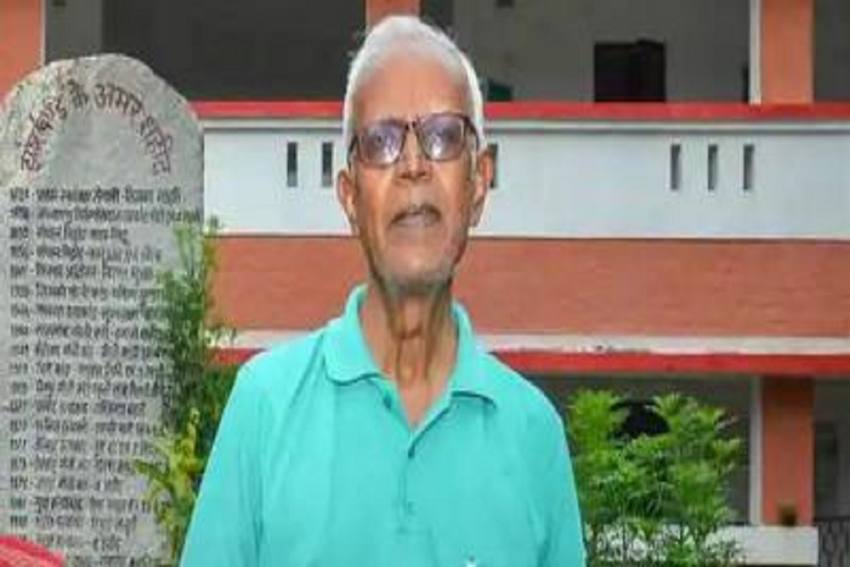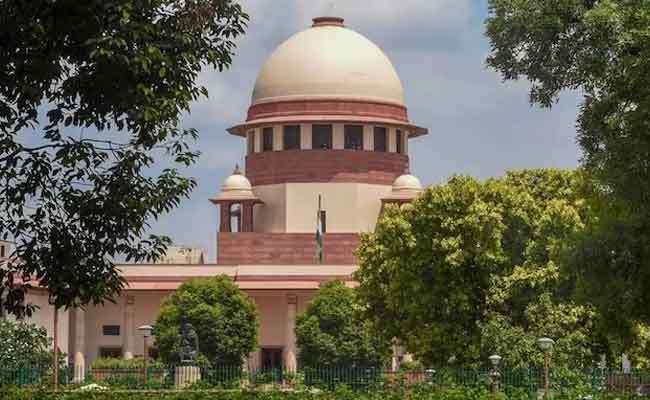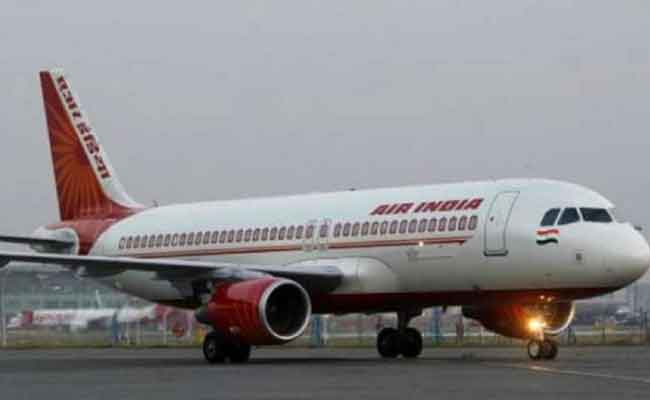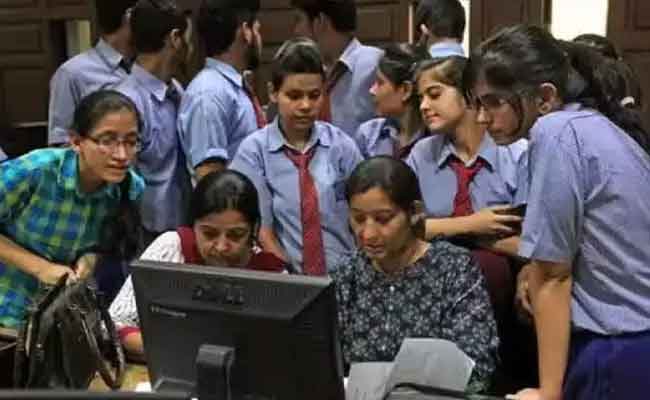Mumbai: Jesuit priest Stan Swamy, an accused in the Elgar Parishad case, has died, an official of a hospital where he was being treated informed the Bombay High Court on Monday.
Swamy, 84, died at 1.30 pm on Monday, Dr Ian D'Souza, director of the Holy Family Hospital in suburban Bandra, told the HC's division bench of Justices S S Shinde and N J Jamadar.
The tribal rights activist was admitted to the private hospital on May 29 from the Taloja prison following the HC's order on a petition filed by him, seeking medical attention as he was then suffering from COVID-19 and Parkinson's disease.
D'Souza told the court that Swamy suffered a cardiac arrest early Sunday morning following which he was put on ventilator support.
He (Swamy) did not recover and passed away this afternoon, the official told the court.
The cause of the death is pulmonary infection, Parkinson's disease and post COVID-19 complications, he said.
Swamy's counsel Mihir Desai said there was negligence on part of the Taloja prison authorities, who failed to provide immediate medical attention to the Jesuit priest.
Swamy was arrested by the National Investigation Agency (NIA) in October 2020 and had been in jail since then.
Let the Truth be known. If you read VB and like VB, please be a VB Supporter and Help us deliver the Truth to one and all.
New Delhi (PTI): The Supreme Court on Thursday adjourned till after summer vacations a petition challenging the constitutional validity of a provision of passport law and a notification providing for issuance of passport for only a year to an accused on receipt of a 'no objection certificate' from a court.
A bench of Justices Abhay S Oka and Ujjal Bhyan deferred the matter after it was informed that senior advocate Jayant Bhushan, appearing for the petitioner, was not available.
The summer vacations of the top court will commence on May 20 and the court will resume its sitting on July 8.
The apex court had earlier issued notices to the Centre and Regional Passport Office at Ghaziabad on the plea filed by lawyer Prashant Bhushan, who gets passport for a period of only one year on account of some FIRs lodged against him for allegedly taking part in protests and 'dharna'.
Bhushan has filed an appeal in the top court against the Delhi High Court's January 2016 verdict which had rejected his plea against the provision of the Passport Act.
"Petitioner had challenged the constitutional validity of section 6(2)(f) of the Passports Act, 1967 which states that passport shall not be issued/reissued to a person accused of committing any offence," the plea has said.
"The blanket prohibition in section 6(2)(f) has been partially lifted vide a notification issued in 1993 which states that passport may be issued/reissued if the applicant produces an NOC from the court concerned and if no period is mentioned in the NOC, then the passport shall be issued/reissued for only one year.
The petitioner had also challenged the constitutional validity of this notification," it said.
Bhushan's counsel had told the top court that the provision concerned does not make distinction between serious and not so serious offences and puts equal restriction on accused in getting new or renewed passport and it is violative of the right to equality.





